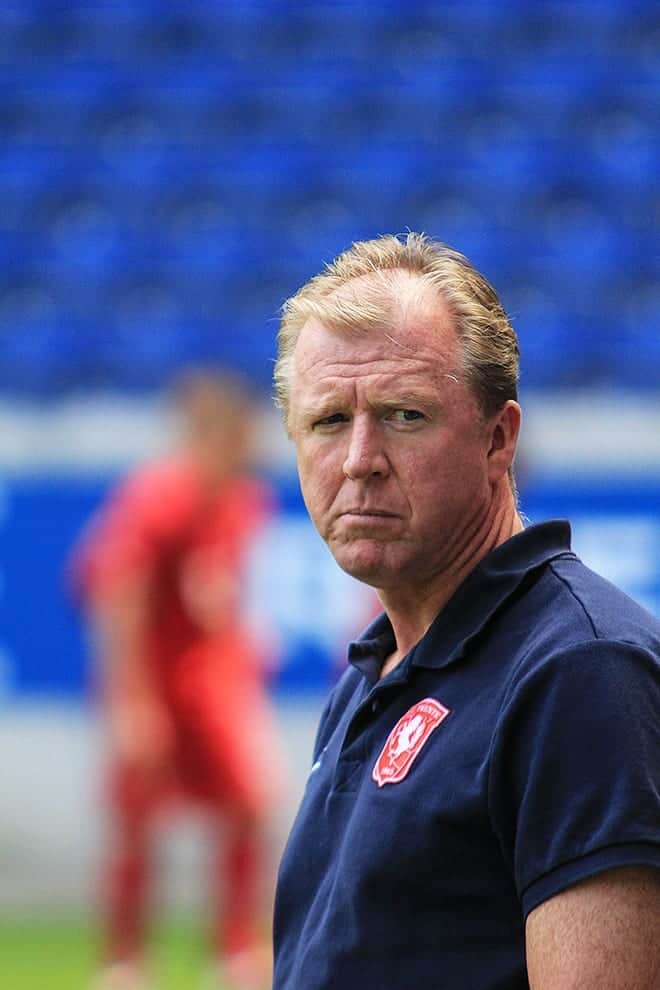Why don’t bad coaches get fired?

Author: john loeppky | sports editor
Apparently, the coaching carrousel doesn’t travel north much
Some CIS teams are certifiably awful. For reasons sometimes quantifiable and sometimes not, their appearance on the playing field of choice is somewhat embarrassing. However, when the losses pile up, CIS coaches rarely get the axe. Instead, they are left to further dig their teams into the hole that we call mediocrity. This begs one question: why?
Well, in my estimation, the first has to do with any educational institution’s lifeblood: dollars and cents. Athletic departments that are flush with cash, the University of Kentuckys of the world, are looking for a return on their investment. According to Macleans In 2007, the highest paid university employee in the United States was USC’s football coach, Pete Carroll (later of Seattle Seahawks fame). In comparison, then University of Western coach Greg Marshall made $128,458 the next year, according to Ontario’s sunshine list, a compilation of the salaries paid to public sector employees in the province – as quoted by the Guelph Mercury – he was the only OUA coach to make the list, according to the report.
CIS teams, as evidenced by their continual tabling in the Riddell Centre hallway, are chronically underfunded, at least in comparison to their operating expenses. A team that is selling baked goodies and booze in order to go to nationals is not going to be paying its coaches the big bucks. When the monetary stakes are relatively low, the expectations, and thus the chances of a pink slip showing up in Mike Gibson or Todd Johnson’s mailbox decrease significantly.
Secondly, the prestige factor has a definite influence. A report by USA Today shows that Virginia Tech football’s assistant coach, Bud Foster, was being paid more than a million dollars, and this wasn’t for the top job. Meanwhile, the University of Regina’s assistant coaches are pulling double-duty as coaches of high school and provincial teams. The University of Regina swimming team’s head coach, Abderrahmane Tissira, is also the head man for the Regina Optimist Dolphins Swim Club. I don’t think you’d see any American coach put in that kind of work.
Third, and this is another monetary concern, CIS sports teams do not break even. Granted, most athletic programs (if taken as a whole) do not have a balance sheet in the green, but certain programs, *cough basketball and football, cough*, do. There is a level of importance granted to those schools with the highest acclaim. The primary reason why so many call for the cutting back of Canadian collegiate athletics is that the programs do not have the same impact on campus culture as basketball or football teams south of the border.
At the end of the day, it’s hard to justify a sports team that is hemorrhaging money. However, where there is no pressure to succeed, no imminent threat, there is also no push to fire those who are underperforming, be they successful coaches or not.









